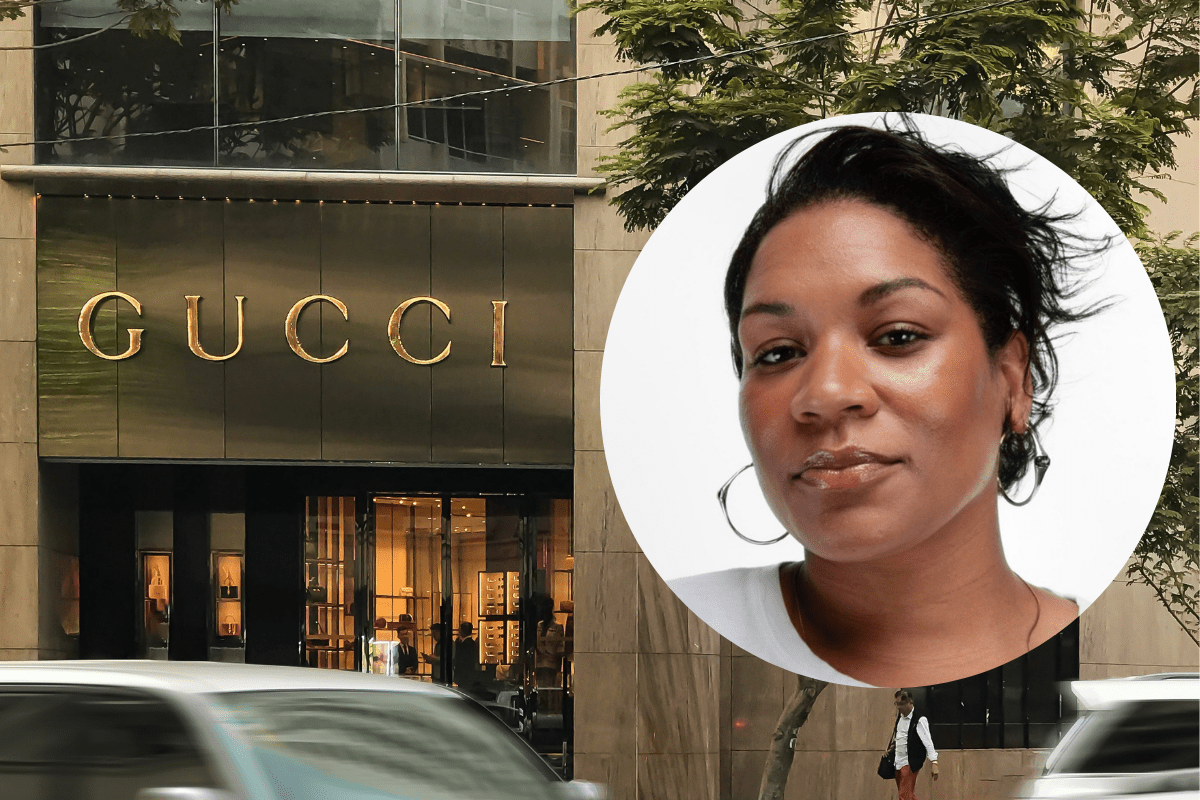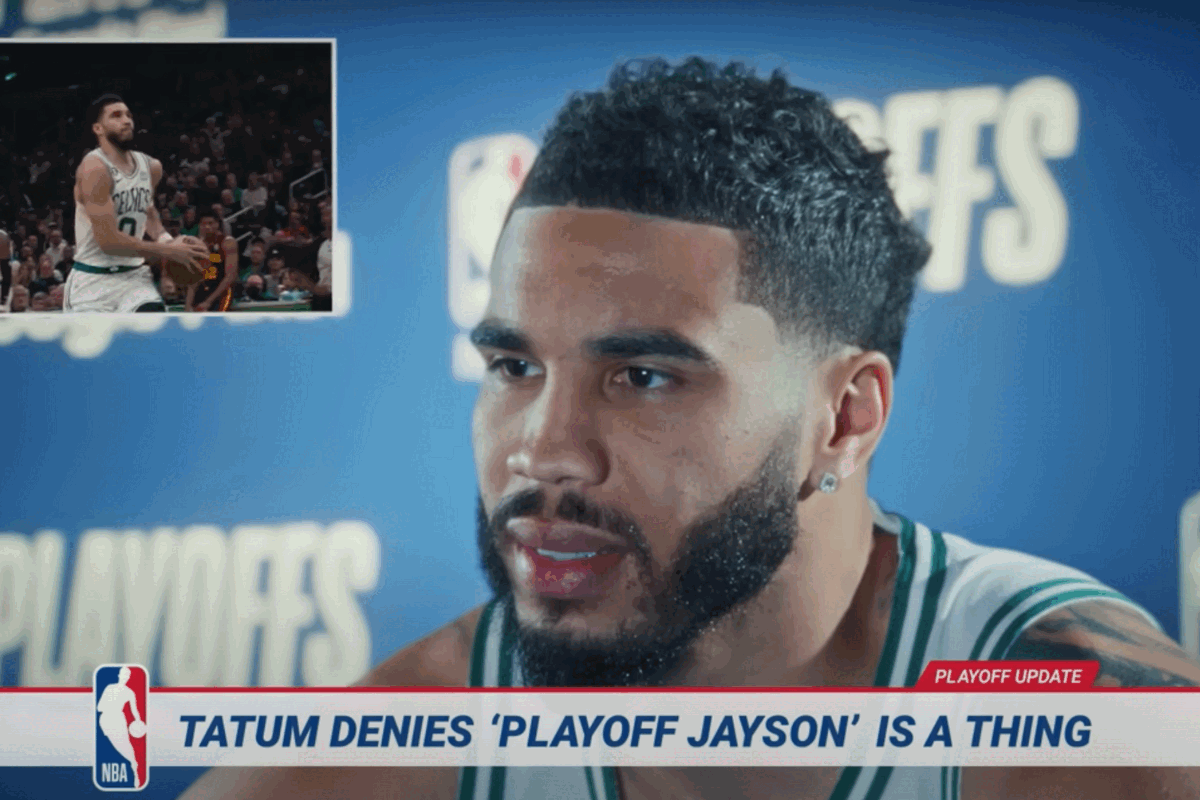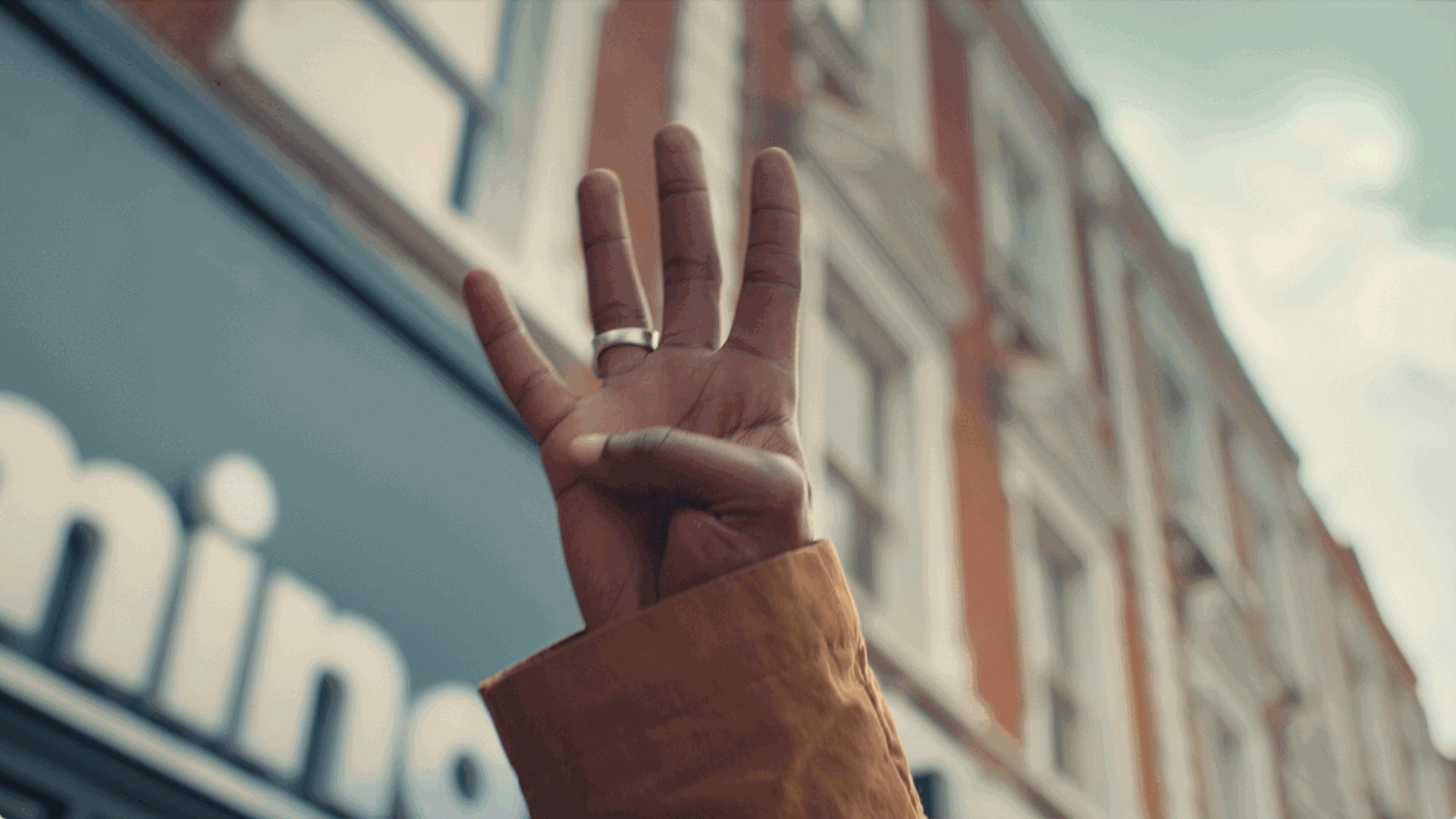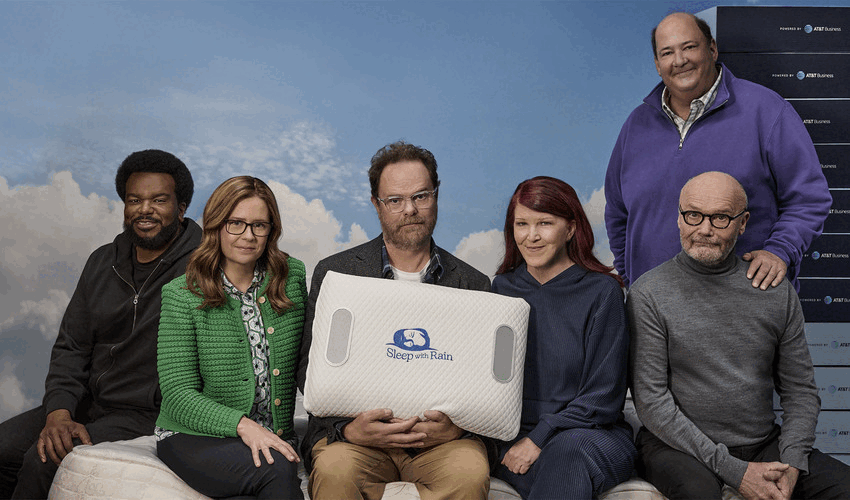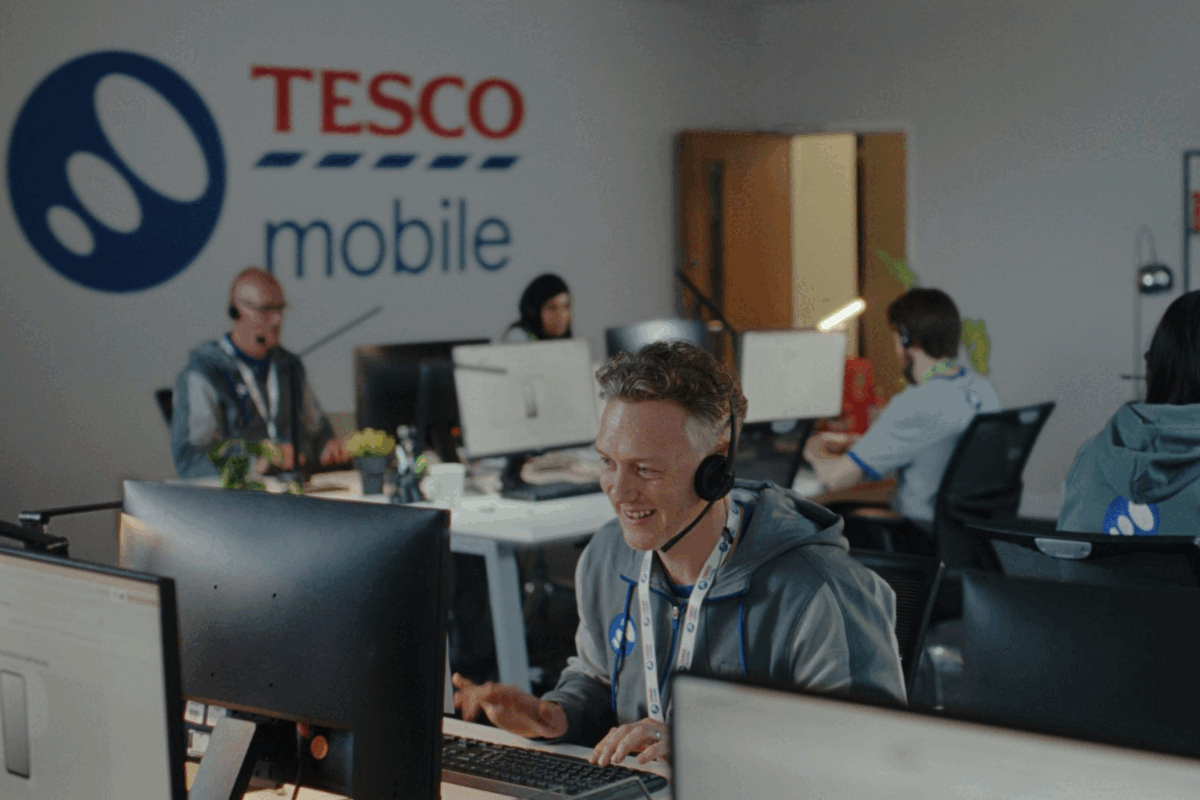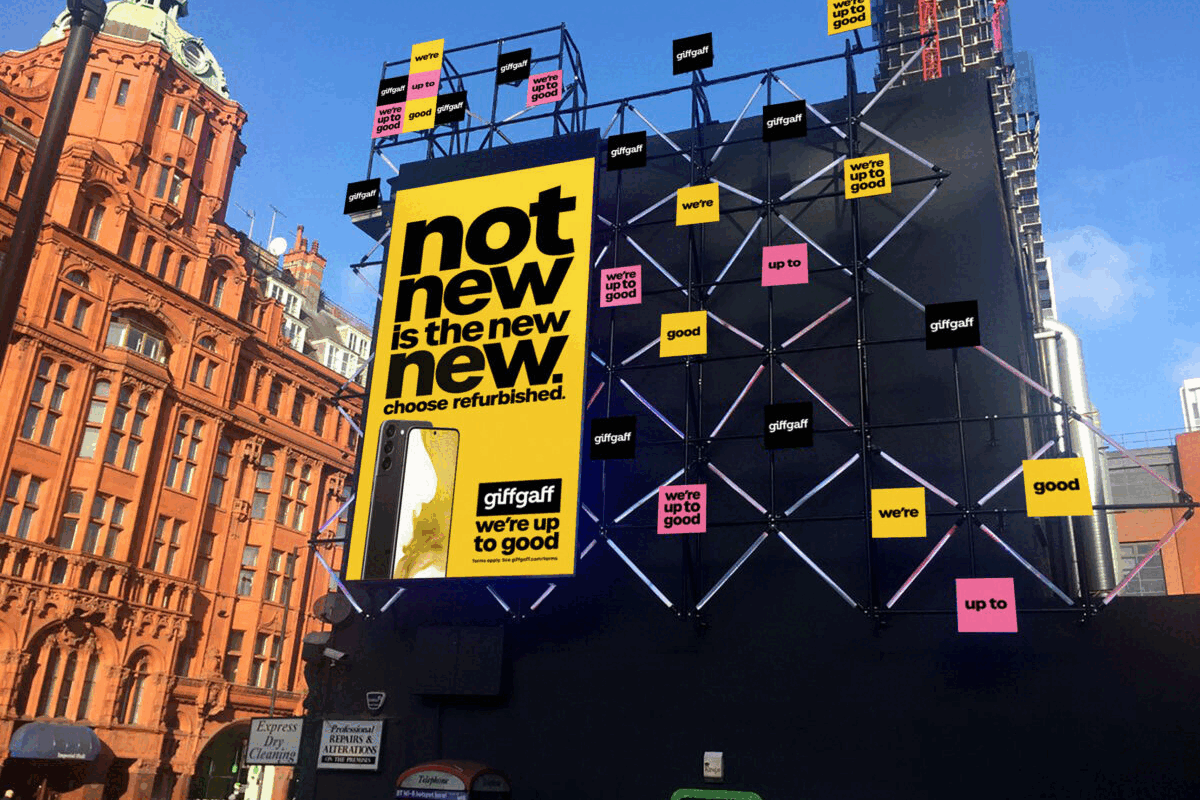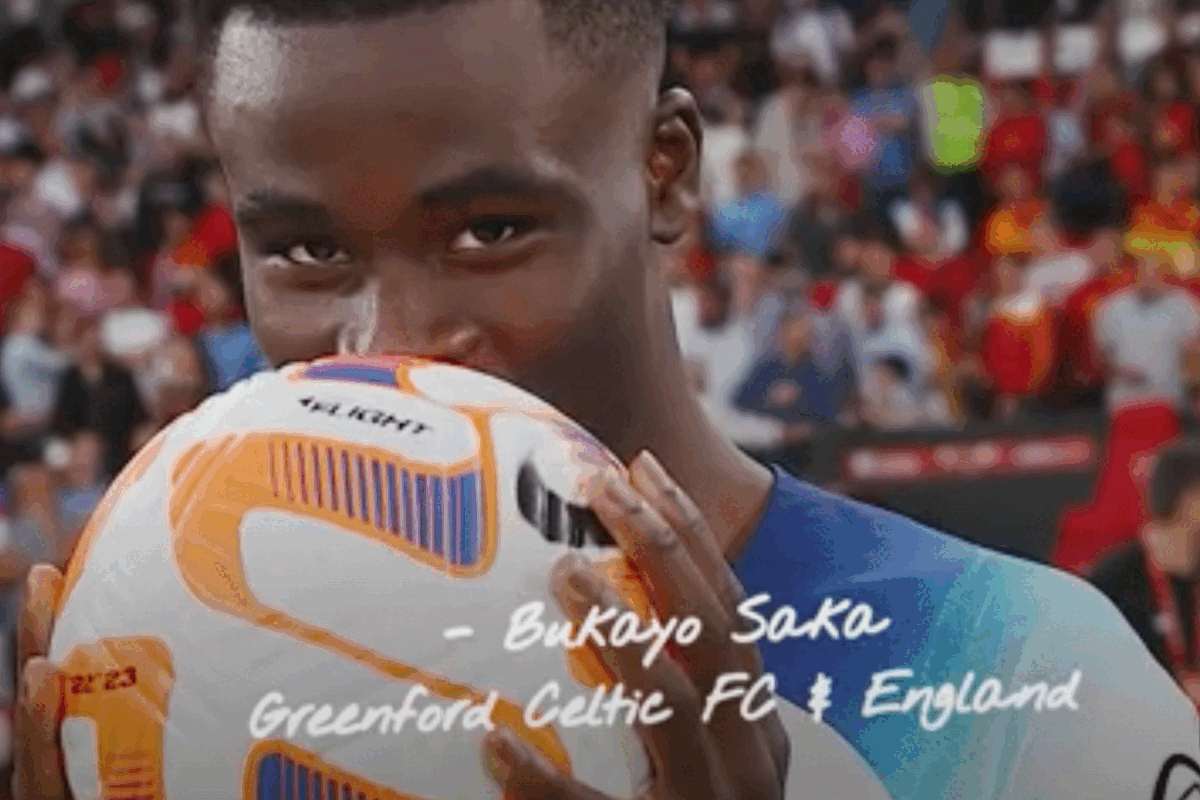Mobile Social Networking Meets Mobile Advertising
- Tuesday, March 24th, 2009
- Share this article:
The Association for Interactive Media & Entertainment (AIME) is staging an evening seminar in London on Thursday 2 April, entitled: Mobile Advertising and the rise of Social Networking: what does it mean for Brands, Agencies and Service Providers?'
The event considers the sweet spot between mobile social networking and mobile advertising, with many people suggesting that not only will ads fund social networking on mobile, but also that it will be one of the key drivers of mobile advertising, due to the popularity of these sites, with their high engagement and repeat usage.
It will examine the mobile advertising marketplace, and the impact that social networking is having, looking at how things have improved in the value chain, making cross-platform integration of campaigns a viable proposition for brands, agencies and content providers. It will also look at the delivery of key metrics from the market and examine the impact of initiatives from both service providers and mobile network operators to improve the measurability of mobile advertising.
Speakers include Nandi Gurprasad, VP of Alliances at Bango; Peggy Anne Salz, Founder and Chief Analyst of MSearchGroove; Dusan Hamlin, Joint Managing Director of Inside Mobile; Matt Dicks, Commercial Director at Flirtomatic; and Mark Brill, Chairman of the Mobile Council at the Direct Marketing Association (DMA).
Key themes to be explored include:
- Is advertising content?
- Brands in social media advertising listen first, then join in the conversation.
- If social networks have become the new water coolers, incubating new micro audiences with differentiated tastes, what makes advertising too intrusive in this new environment?
- What's the 'next big thing' in mobile advertising – mobile for the masses?
- Is it just about advertising messages? What kinds of mobile services suit mobile advertising?
- Measuring success and understanding which types of campaigns work.
- Are social networking services the ultimate channel for the 'long tail'?
- What is 'social currency' and how do you convert it into revenue?
- Moving media spend into new channels like mobile.
The event takes place at the Grange Fitzrovia Hotel, London W1W 5NB, from 18.30 20.30, followed by networking drinks. It costs 50 to attend the event for AIME members, or 80 for non-members.
You can register for the event here.




